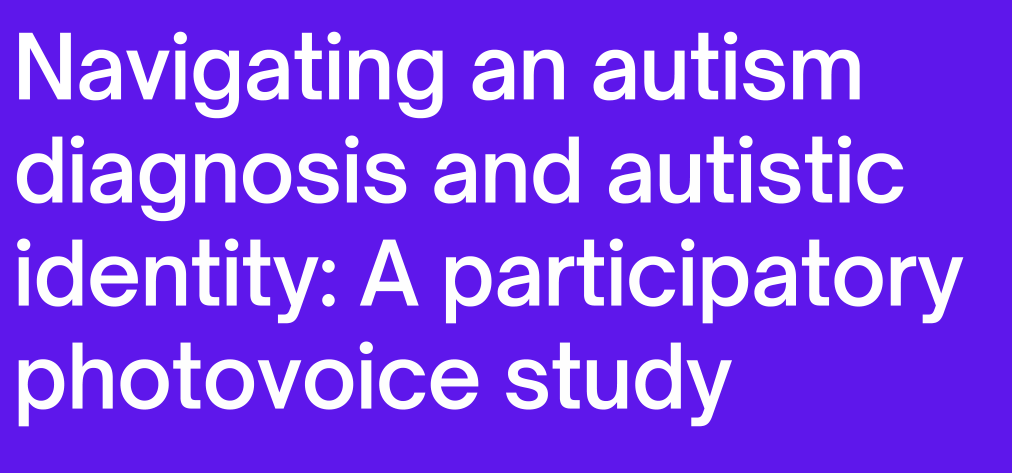Background:
Recognition, diagnosis and high-quality support for mental and physical health relies on the knowledge, attitudes and confidence of healthcare professionals. However, there is variability among healthcare professionals in different contexts, professions and cultures. While several studies have examined healthcare professionals’ experience of working with autistic people, no systematic review has compiled this evidence. Therefore, the present study aimed to bring together the current evidence base on healthcare professionals’ knowledge, self-efficacy (confidence) and attitudes towards working with autistic people.
Methods:
The review of the literature was conducted following systematic review guidelines in November 2019. Studies had to look at the topic of knowledge, confidence or attitudes towards autism in healthcare professionals (e.g. doctors, nurses, medical students etc.), used quantitative methods and were published in English from 1994 to present.
Results:
Overall, thirty-five studies were identified, spanning over many countries and occupations. The methodologies of all studies were rated as moderately good and the number of participants totalled 8,398. Of these studies, findings were inconsistent regarding the impact of characteristics such as gender, age or experience on knowledge, attitudes or self-efficacy. Six of the thirty-five studies looked at self-efficacy and found moderate confidence reported overall. It was determined that specialities (e.g., paediatrics) had better knowledge than general healthcare providers. However, of the 27 studies that investigated autism knowledge, knowledge ranged widely between poor and fair. Furthermore, two studies found attitudes of discomfort in working with autistic people moreover, and two studies linked beliefs around curses and enemies causing autism as well as poor parenting. These findings show clear room for improvement among healthcare professionals to ensure improved knowledge, self-efficacy and attitudes towards working with autistic people.
This research has recently been accepted as a paper – watch this space!
In the meantime, check out the poster here:




